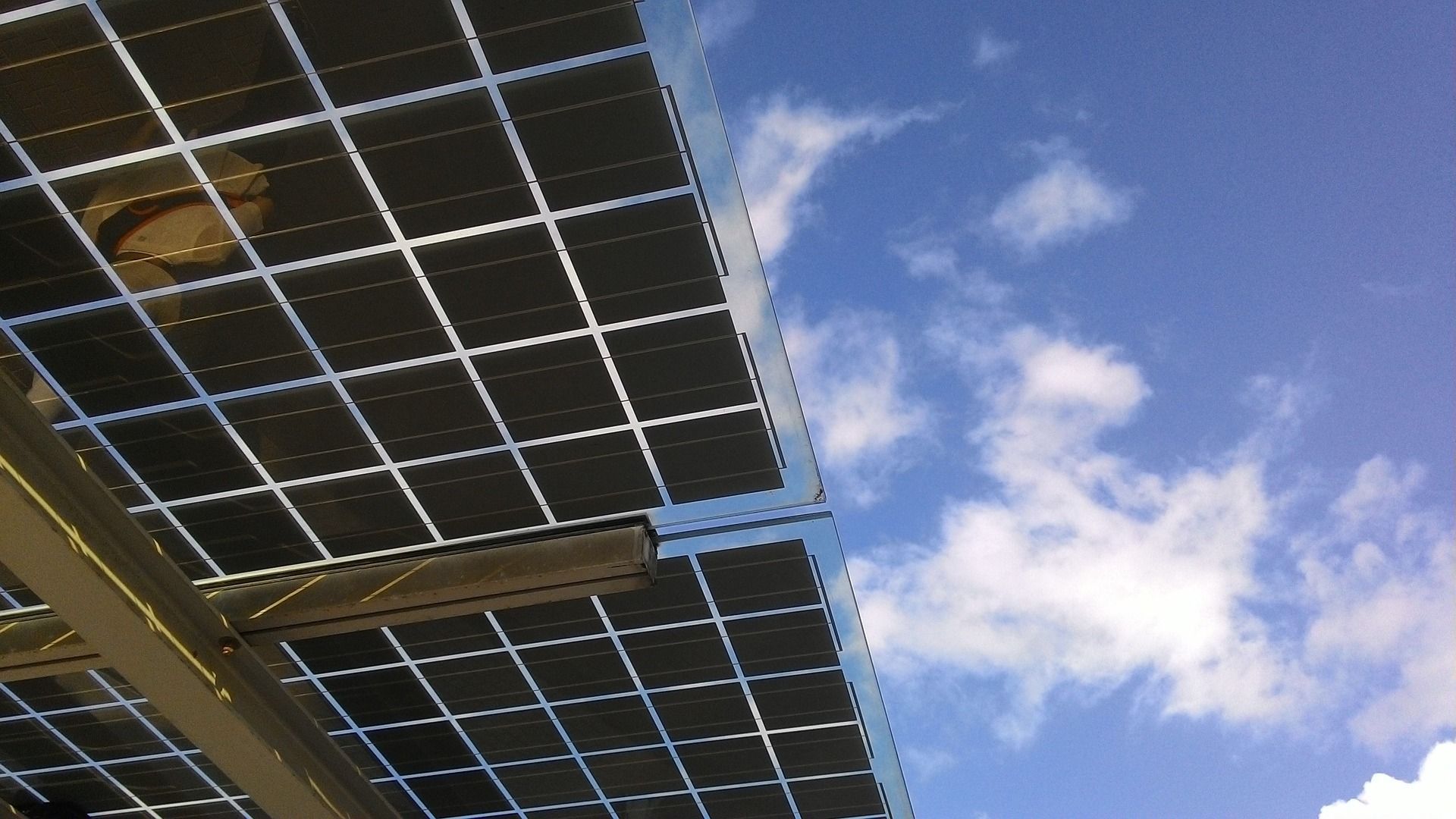
🔋 The battery that can store solar energy for several months
A new material can store sunlight as potential energy for several months and then emit the energy as heat.
Share this story!
A problem with solar power in the northern parts of the world is that the sun shines the least when we need it the most. This applies in any case if we want to use the energy for heating. But researchers have now found a possible solution to this.
A research group from Lancaster University in the UK has studied a substance that can store energy from sunlight for several months and then emit the energy as heat. It would then be possible to collect lots of electricity from solar panels during the summer, save energy during the autumn and then use it to heat properties during the winter.
Researchers also see an opportunity to develop the design of the battery. It could then be produced as a thin film that can be painted on the walls and thus not take up any space inside buildings. It would also provide opportunities for other uses: An example could be cars with solar cells that store electricity for the winter and then use the electricity to defrost the windows and heat the car.
The material is based on a so-called Metal -Organic Framework, Mof. It is a network of metal ions that together with carbon-based molecules form 3D structures. The material is porous and can store smaller molecules inside the structure.
The researchers use that property to store molecules with azobenzene in the structure. Those molecules are very good at absorbing light and can change shape when exposed to light or heat.
In the tests carried out by the researchers, the material could store energy for up to four months. With more research, there is an opportunity to extend that time. The researchers also want to increase the energy density of the material to make it even more efficient, or to find new similar materials that are more efficient right from the start.
By becoming a premium supporter, you help in the creation and sharing of fact-based optimistic news all over the world.


